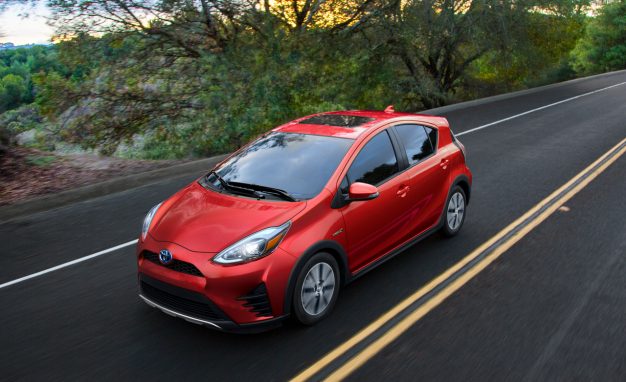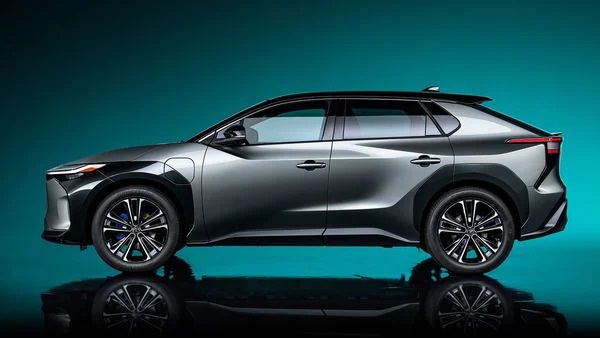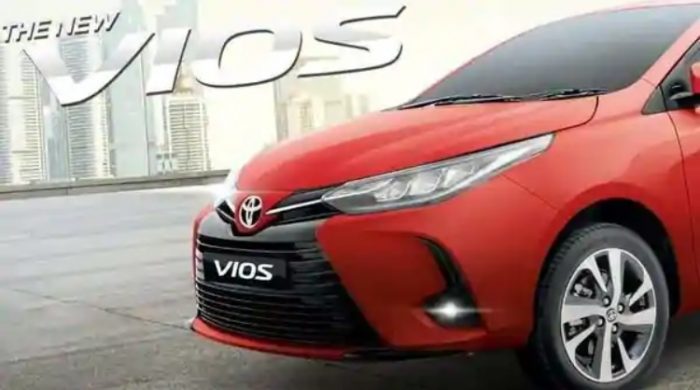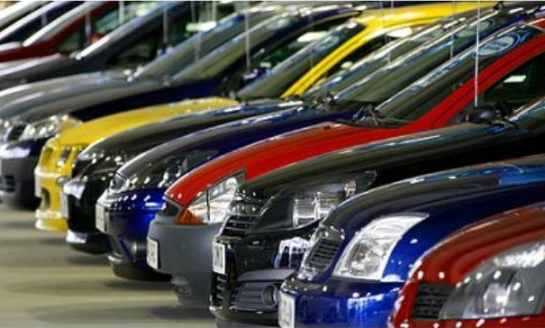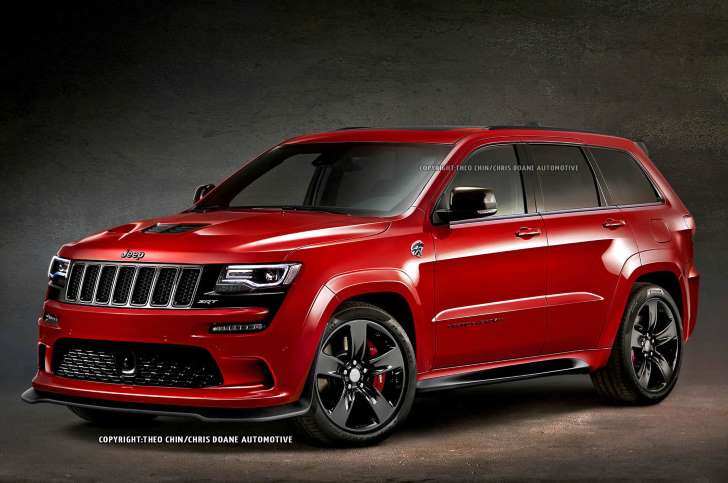Now Reading: Toyota to make more than 10 battery EV models in early 2020s
-
01
Toyota to make more than 10 battery EV models in early 2020s
Toyota to make more than 10 battery EV models in early 2020s

Toyota Motor on Monday stated it will market over 10 all-electric vehicle (EV) models worldwide in the early 2020s, investment to develop their batteries is likely to go beyond $13 billion (1.5 trillion yen) through 2030.
Setting out EV sales goals, the world’s second-biggest automaker by sales after Volkswagen stated it needed to speed up the pace of battery development, as tightening vehicle emissions regulations would need a steep boost in manufacturing capacity for more effective batteries.
China, the United States and a growing amount of other nations are forcing automakers to make low-emissions vehicles, stimulating competition to develop EVs even as battery-operated vehicles presently make up only a sliver of the worldwide market.
“As a mass-market automaker we need to expand our offering of electric cars,” Executive Vice President Shigeki Terashi stated in Tokyo. “To promote the broader use of EVs, we have to increase our technical development capabilities and resolve the social impact of the technology.”
He stated Toyota would introduce pure-battery models at first in China, followed by Japan, India, the United States and Europe.
In 2016, plug-in hybrid petrol-electric vehicles and all-battery EVs consisted just over 1 percent of worldwide auto sales, showed data from the International Energy Agency. Industry experts expect sales to touch 10 percent in coming decades.
Toyota has broadened EV development abilities since 2016 when it revealed it would add fully electric vehicles to its item line-up. The statement shocked some industry players as the automaker had long promoted a green-car strategy focusing mainly on plug-in hybrid and fuel-cell vehicles (FCVs).
Stay Informed With the Latest & Most Important News
Previous Post
Next Post
-
 01Polestar Boss Says It’s Time To Outrun BMW M And Mercedes-AMG
01Polestar Boss Says It’s Time To Outrun BMW M And Mercedes-AMG -
 02Spy Shots: 2027 Mitsubishi Pajero Spotted in Testing Ahead of Possible U.S. Return
02Spy Shots: 2027 Mitsubishi Pajero Spotted in Testing Ahead of Possible U.S. Return -
 032026 Toyota Hilux EV: A Powerful Truck with Silent Torque
032026 Toyota Hilux EV: A Powerful Truck with Silent Torque -
![2027 Mercedes-Benz S-Class Debuts with V8 Engine [Photo Gallery]](https://speedlux.com/wp-content/uploads/2026/01/2027-Mercedes-Benz-S-Class-33-155x125.jpg) 042027 Mercedes-Benz S-Class Debuts with V8 Engine [Photo Gallery]
042027 Mercedes-Benz S-Class Debuts with V8 Engine [Photo Gallery] -
 052026 Corvette ZR1 Production Surges Past Expectations as Output Clears 1,000 Units
052026 Corvette ZR1 Production Surges Past Expectations as Output Clears 1,000 Units -
 06Spy Photos: VW ID. Polo GTI Goes Electric with 223 HP and 280 Miles of Range
06Spy Photos: VW ID. Polo GTI Goes Electric with 223 HP and 280 Miles of Range -
 07Hyundai Palisade’s Breakout Year Shows How Quickly the Market Can Turn
07Hyundai Palisade’s Breakout Year Shows How Quickly the Market Can Turn



![2027 Mercedes-Benz S-Class Debuts with V8 Engine [Photo Gallery]](https://speedlux.com/wp-content/uploads/2026/01/2027-Mercedes-Benz-S-Class-33-700x394.jpg)




































